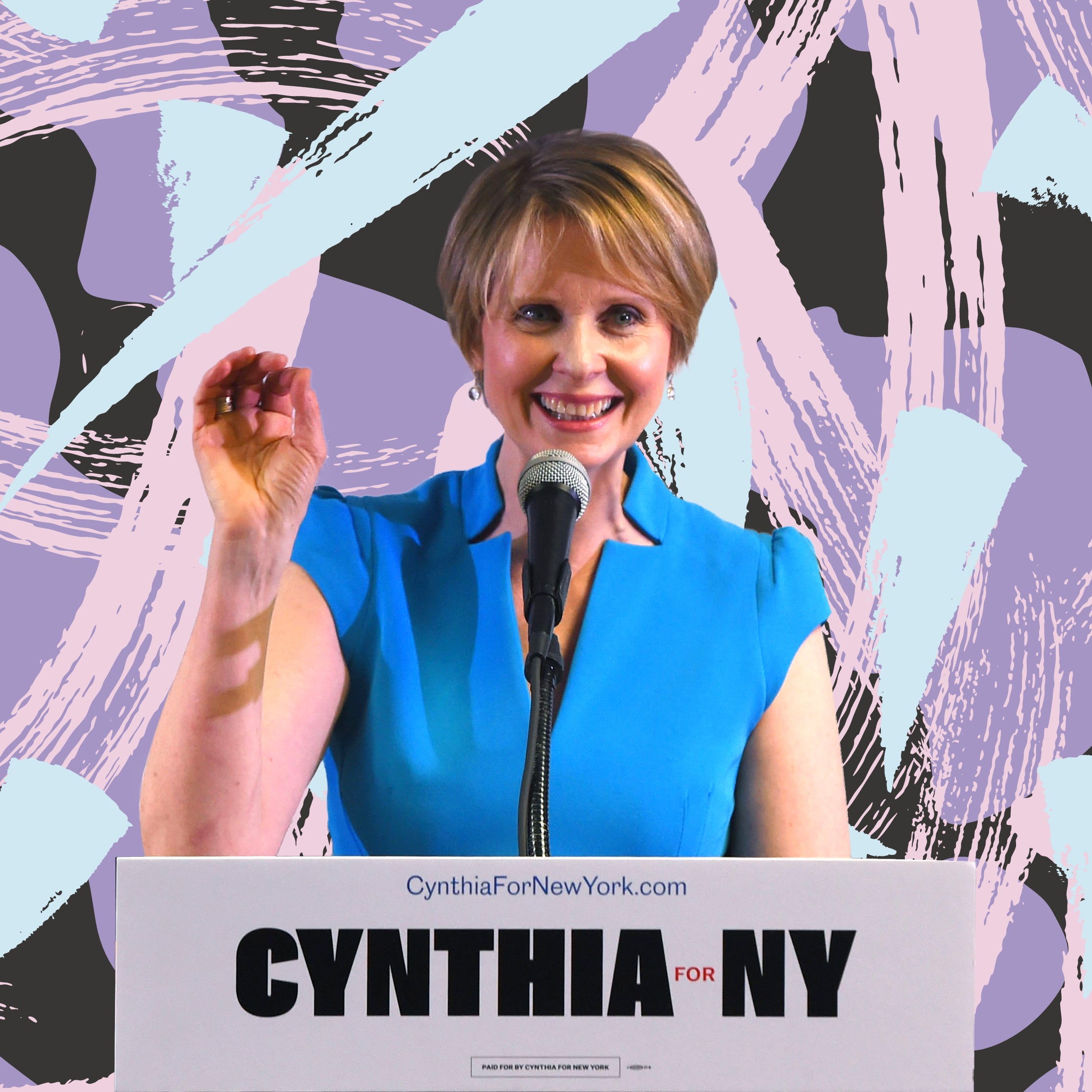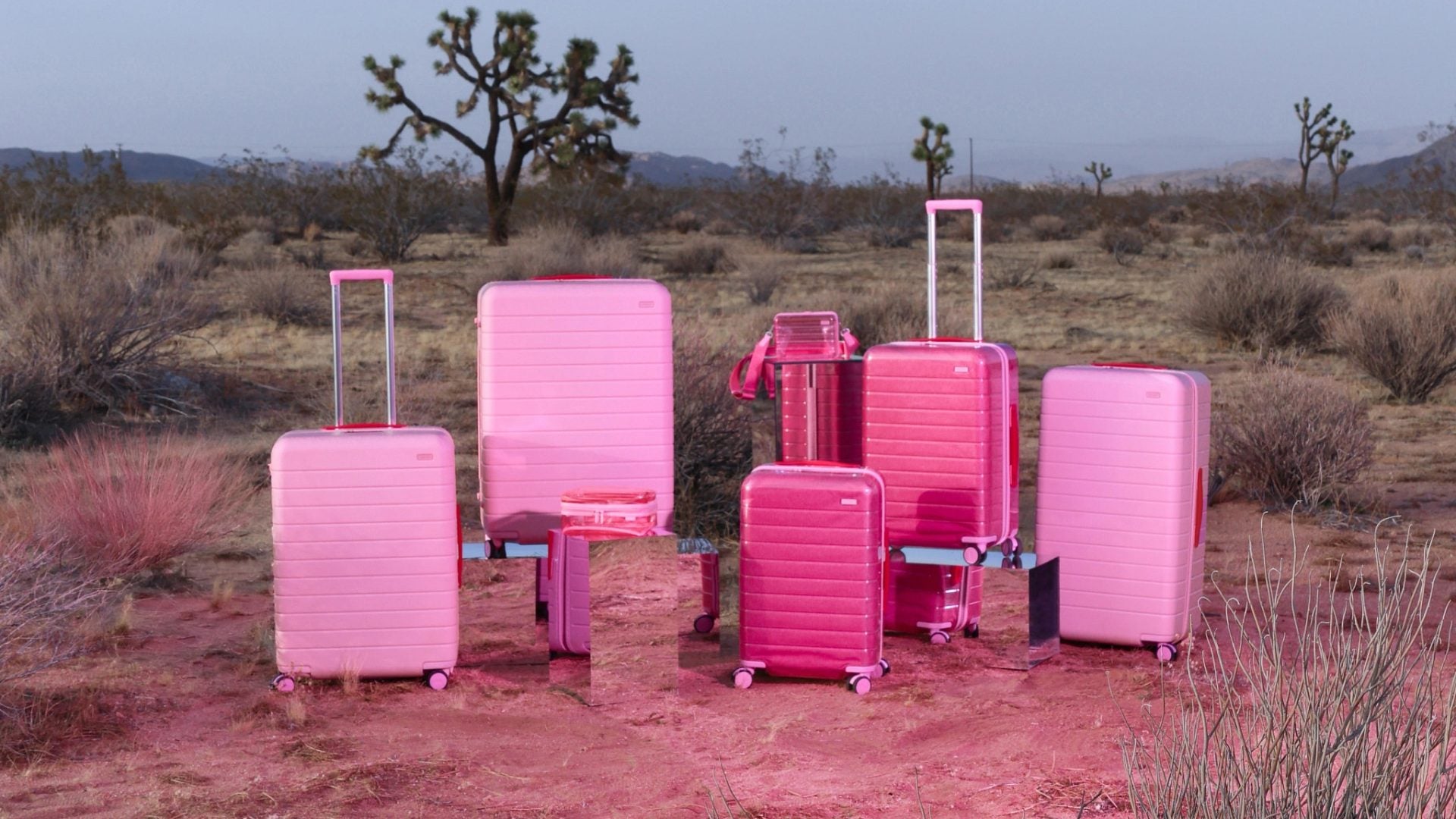
Celebrities entering the political arena is not new phenomena, but when the President of the United States is a reality star, it’s understandable that now more than ever famous folks seeking office are under greater scrutiny.
There is reason to wonder how Oprah and The Rock are qualified to be president or ask why others such as Antonio Sabàto Jr. or Stacey Dash won’t just go do a chitlin circuit play and spare us all the horror of them becoming members of Congress. However, while it’s fine to be weary of anyone seeking public office, I’d like to give them the benefit of the doubt regardless of their background. So, if an engaged citizen says they want to serve their community by way of seeking a role in government and they have interesting ideas to share, it behooves us to take them seriously.
To that end, the more I hear Sex and the City actress Cynthia Nixon make the case for her New York gubernatorial bid, the more I hope she gets taken seriously.
Much of that has to do with the fact that unlike many Democrats across the country, she takes Black voters — specifically Black female voters — seriously and has no qualms about denoting that despite all cries to the contrary, racism continues to permeate American society.
In her interview with Glamour last month, Nixon was asked why she decided to make her campaign announcement in Brownsville, a neighborhood located in eastern Brooklyn that is heavily populated by Black and Latinx residents and historically known for its high poverty and crime rates. “I think that one of the most important things that we have to do in this campaign—and one of the most important things we have to do as a state—is address racial and economic injustice,” Nixon explained. She proceeded to criticize New York governor Andrew Cuomo for “massive budget cuts to corporations and the wealthy” and helping steer a situation in which “Our government, particularly in New York State, is so owned by the real estate lobby.”
Nixon was then asked about the important role Black women have played in elections that require heavy voter turnout in order for Democrats to be successful with her interviewer, Justine Harman, noting, “You clearly have that demographic very much in mind and are very outspoken on its behalf.” In response to an inquiry about her outlook on the subject, Nixon explained, “I think we only have to look at the election of Donald Trump to see that we are so clearly not living in a post-racial society.”
She then went on to add: “If the Democratic Party is going to stand for what it says it’s going to stand for, we have to, as you say, not just call on African-Americans when it’s election time and then forget about them the rest of the time. They’re our core base. They’re our most loyal voters. But also, when things like Donald Trump happen—and frankly, when things like Andrew Cuomo and his massive disinvestment in our state happen—they’re the hardest hit. And they’re the first hit.”
It is a message Nixon carried with her to her first national television appearance — on The Wendy Williams Show — about her progressive challenge to Governor Cuomo.
I appreciated Nixon acknowledging that Stephon Clark’s death should be attributed to race and her acknowledgment that very few politicians advocate on behalf of the Black men and women dying at the hands of the state. It matters to hear a Democratic candidate for New York governor proclaim that “Black Lives Matter.” Likewise, it’s important that we hear Democratic politicians admit that Black women are the “cornerstone of the Democratic Party” and that “we need to let them lead.”
As Nixon explained, “Black women are going to stop showing up for the Democratic Party if the Democratic Party doesn’t start showing up for them.”
One of the most frustrating aspects of the results of the 2016 presidential election (beyond the obvious) was so many Democrats going out of their way to speak on behalf of the white working class voters that purportedly lifted Sweet Potato Saddam to victory (fake news!). The likes of Bernie Sanders, Joe Biden, among others complained about “identity politics” and defended Trump voters against claims of bigotry (despite evidence to the contrary) — all in pursuit of a voting bloc that had long abandoned them.
Someone like Sanders, who prides himself on being a populist, in theory should be equipped to discuss how racism and sexism are economic issues, but has continued to struggle to do so. Miranda may have gotten on my nerves every now and again on Sex and the City, but thankfully, Cynthia Nixon knows exactly what to say when speaking on racial and economic injustice. Former City Council Speaker Christine Quinn may dismiss Nixon as an “unqualified lesbian,” but Nixon does have more than 17 years of experience with activism — particularly with respect to LGBTQ right and education.
But, as Ferny Reyes, an educational administrator in Harlem who campaigned for Barack Obama in 2008, explained to Glamour, “Would I prefer a candidate with a ton of government experience? Yes, but that doesn’t exist. And right now she’s speaking to my issues.”
Nixon may be a political novice, but if an amateur can show signs of appreciation to the Democratic Party’s most loyal and most arduous supporters all while speaking to issues that impact us directly in ways others — including political beneficiaries of nepotism — can, I’d rather go with the new friend that appears to care over the one proven to consistently take me and mine for granted.




